A detailed overview of Leisure and Entertainment Class 12 Exercise, complete with solutions, a summary, audio, and critical thinking answers for NEB English students.
Chapter 13: Leisure and Entertainment Class 12 Exercises
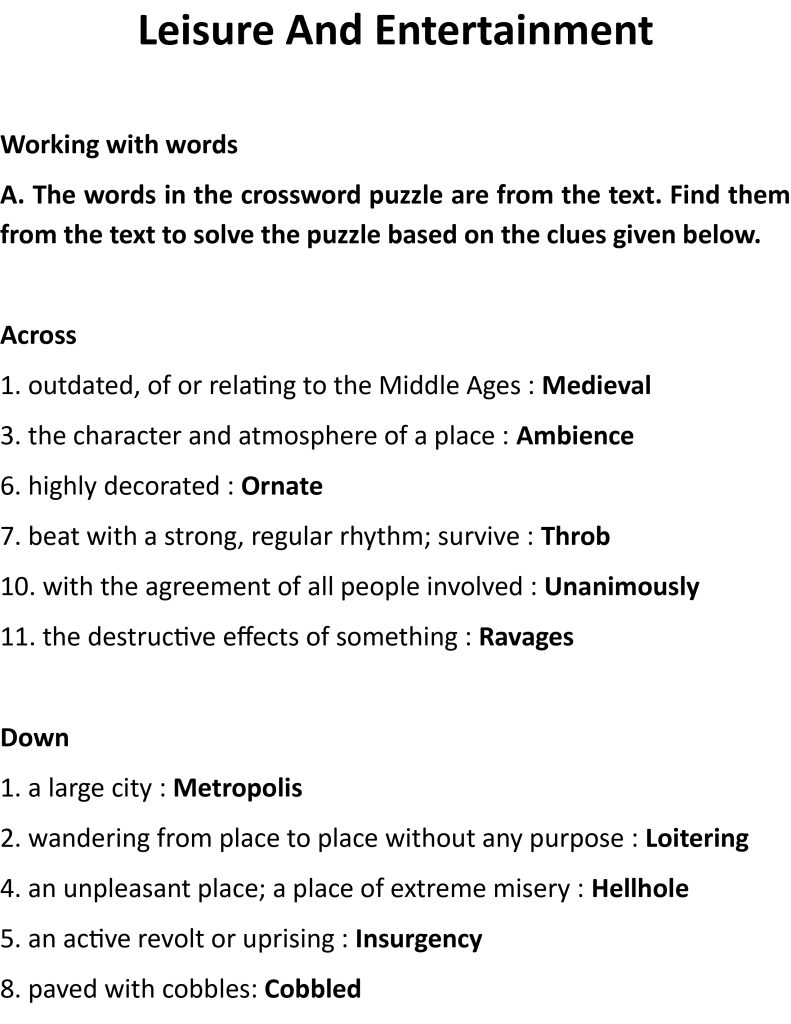
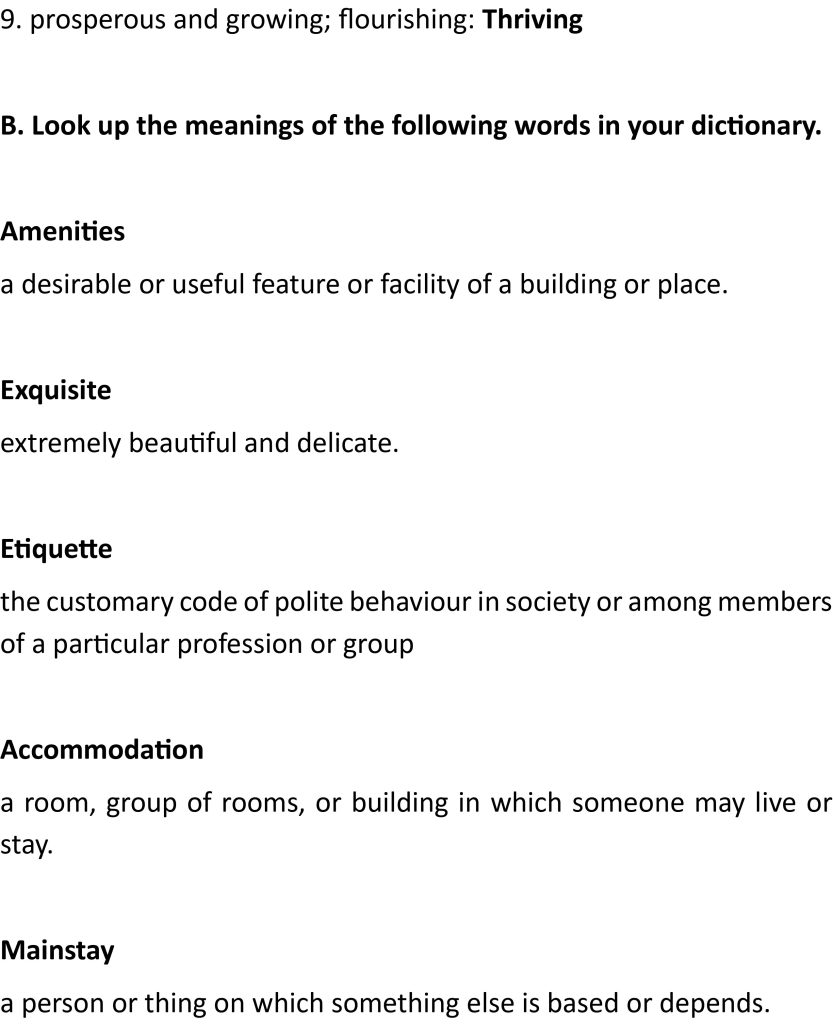
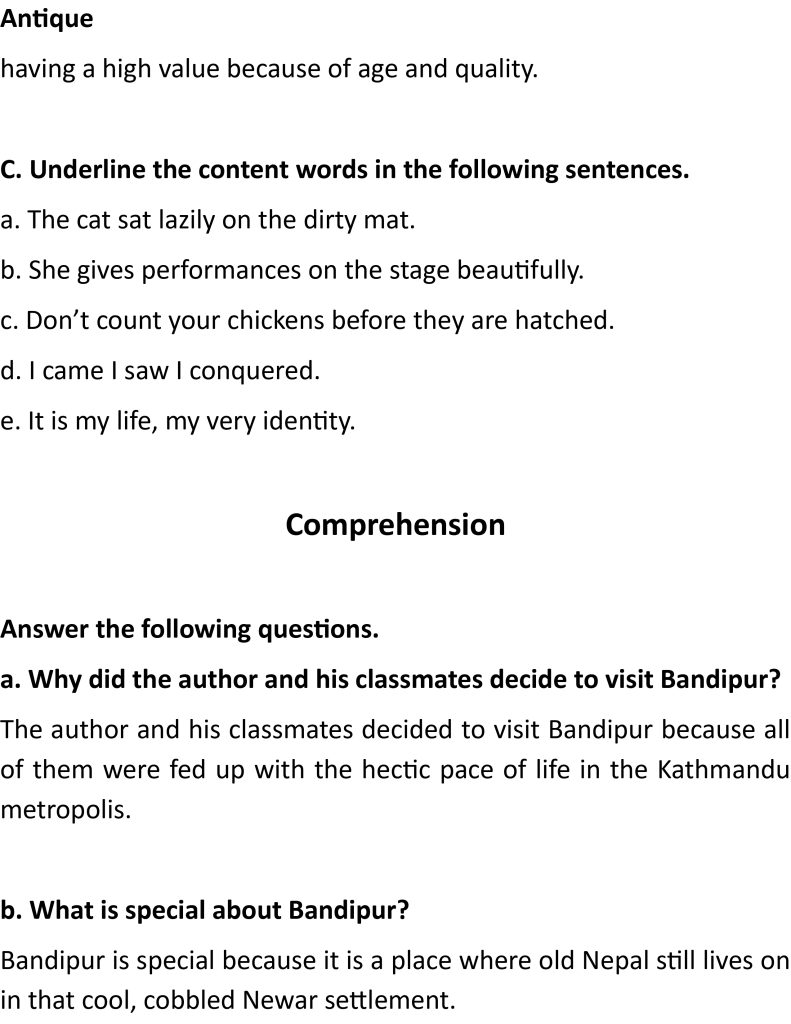
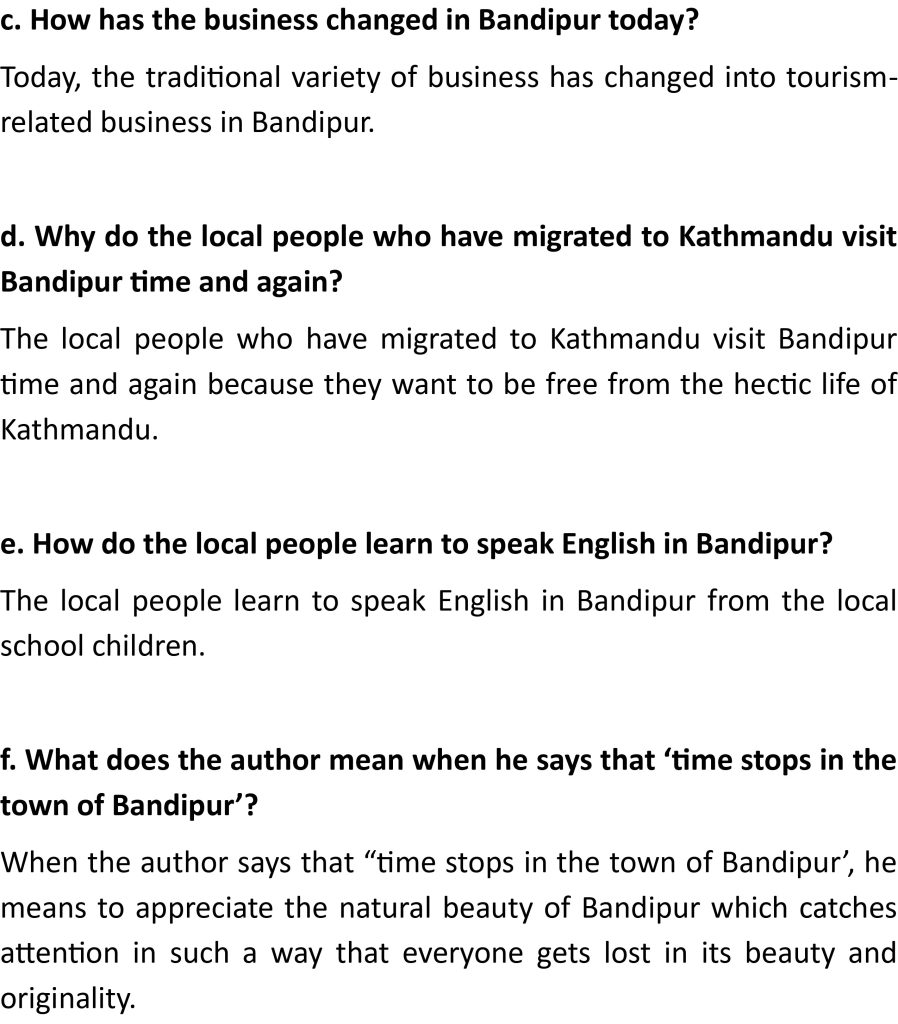
Continue reading with our latest English Guide App anytime

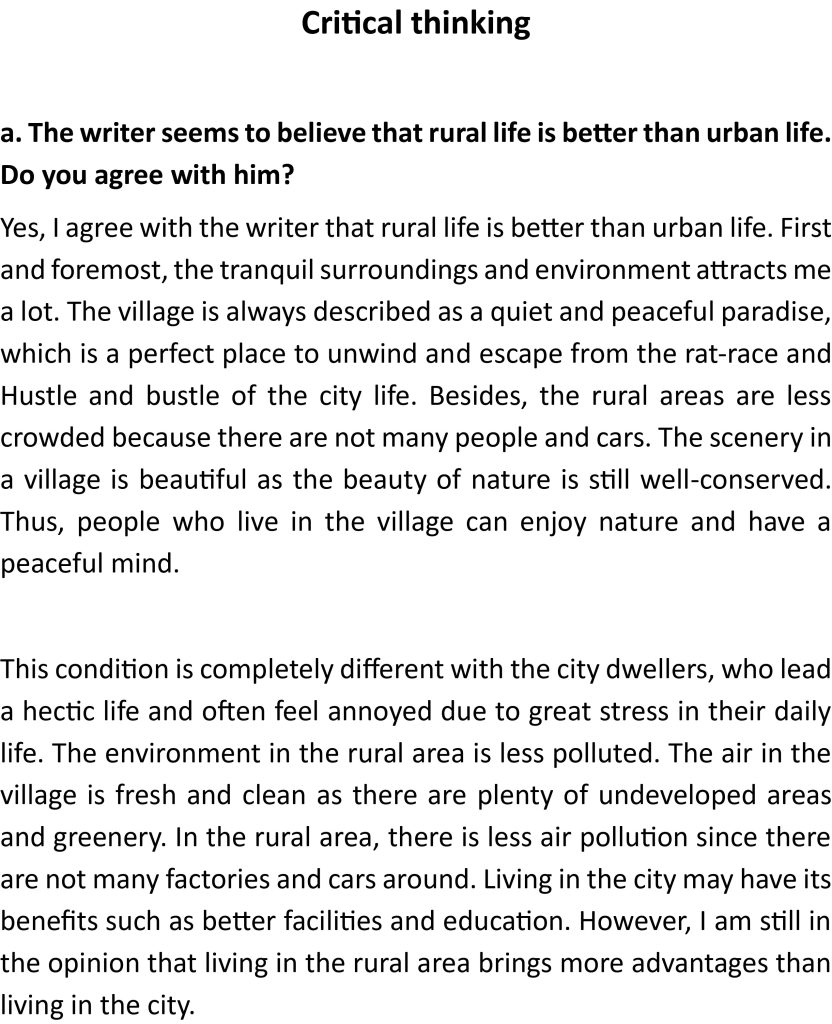
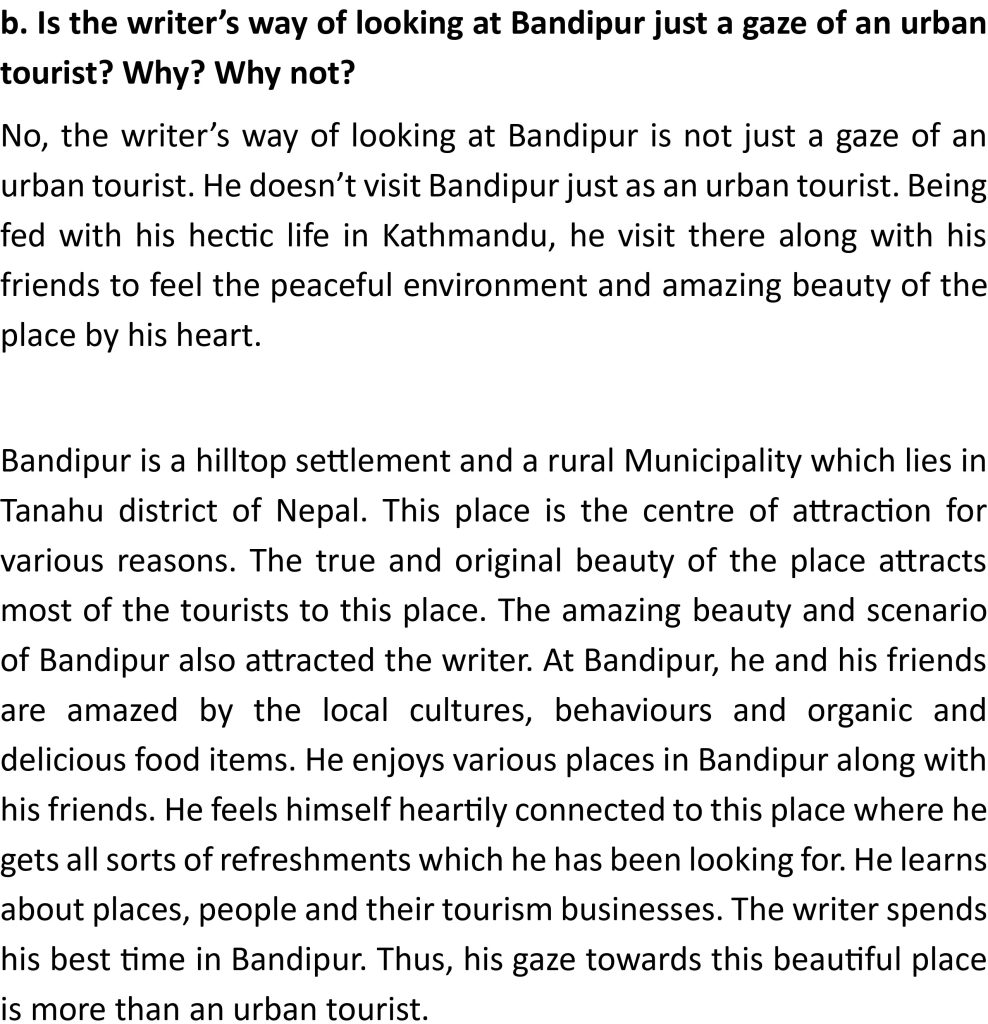
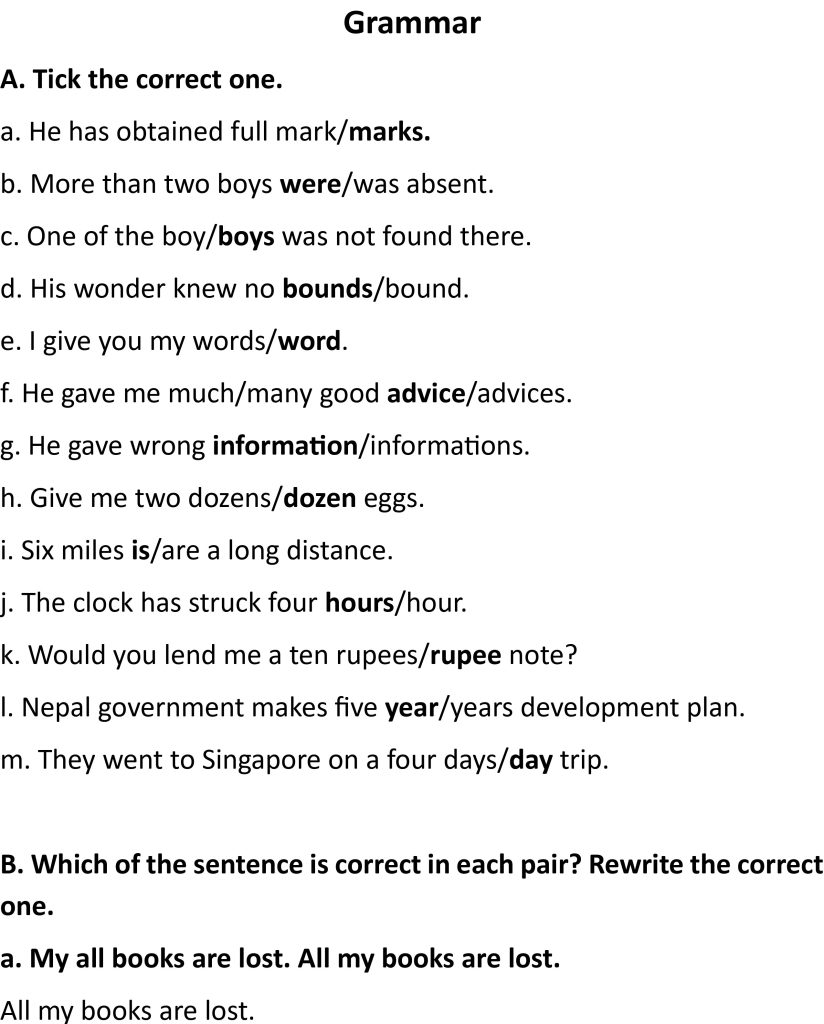
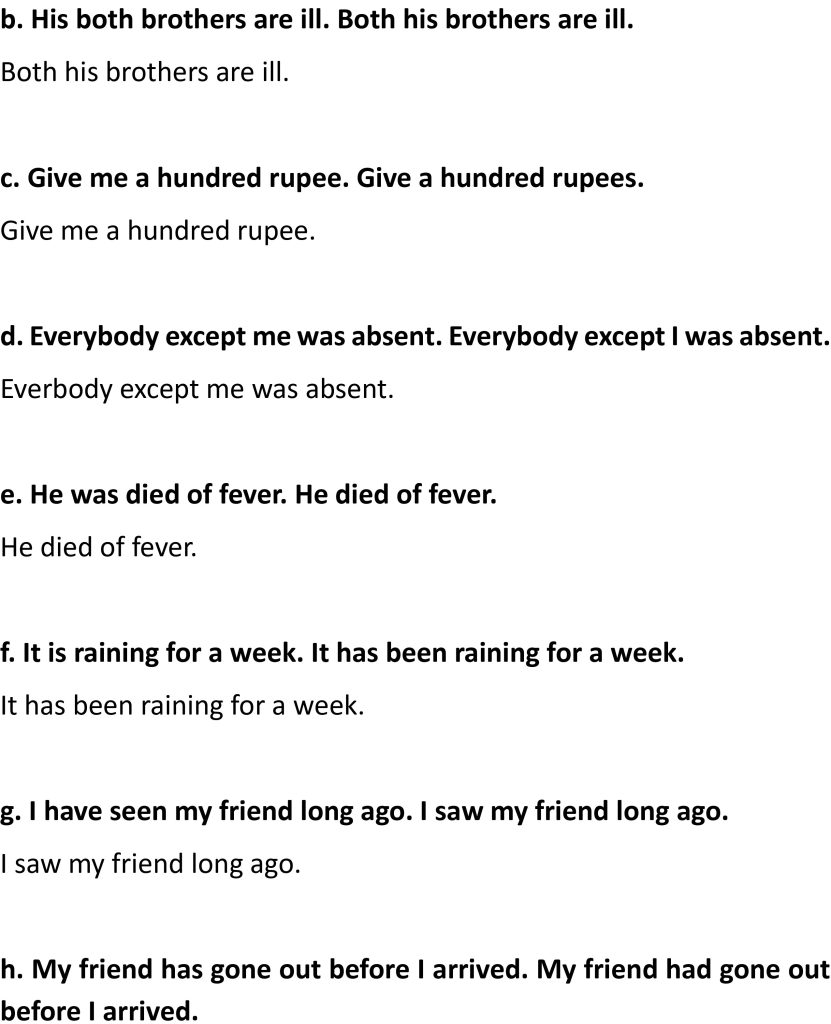
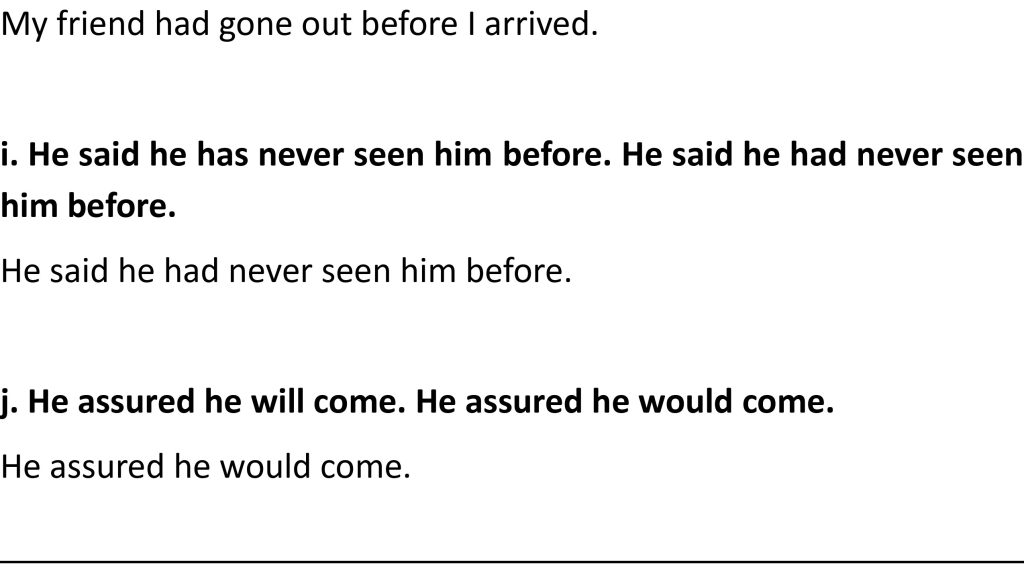
Summary of “Leisure & Entertainment: A Journey Back in Time” (Class 12 English)
The essay “Leisure and Entertainment” recounts the author’s trip to Bandipur, a serene hilltop town in Nepal. Tired of the hectic life in Kathmandu, the author and his friends escape to this peaceful location. Bandipur offers a refreshing blend of natural beauty, cultural heritage, and hospitality, where time appears to slow down. The town’s cobbled streets, antique houses, and organic food paint a picture of the “old Nepal” still thriving in the modern era. The locals are welcoming, and many have learned to communicate in English, thanks to the rise in tourism. The essay compares rural peace with urban chaos and emphasizes the emotional and cultural depth of rural experiences. It also explores how leisure time can be more enriching when connected to nature and simplicity.
Key Takeaways
- Bandipur is portrayed as a nostalgic and tranquil town ideal for relaxation.
- The essay reflects on how modern urban life lacks peace and connection with nature.
- The shift from traditional businesses to tourism has changed the local economy.
- Rural life offers fresh air, scenic beauty, and emotional peace.
- Leisure is more fulfilling when spent in natural and culturally rich settings.
- Locals in Bandipur have adapted to tourism by learning English and offering hospitality.
- The essay criticizes the stress-filled, polluted, and fast-paced city lifestyle.
- The writer sees Bandipur not just as a tourist but as someone genuinely seeking peace.
- Cultural identity, environment, and simplicity are the central themes.
- Leisure, when rooted in meaningful experiences, contributes to mental well-being.
FAQ:
What is the main theme of the chapter “Leisure and Entertainment” in Class 12 English?
The main theme revolves around finding peace and meaning through rural leisure experiences and escaping the stress of urban life.
Why did the author and his friends visit Bandipur?
They were fed up with the fast-paced life in Kathmandu and wanted a peaceful and refreshing break.
How has Bandipur changed over the years according to the essay?
Bandipur has transformed from a traditional business hub into a thriving tourist destination, with locals adapting to the needs of visitors.
What is unique about Bandipur’s environment as described in the Class 12 English chapter?
Its cobbled streets, antique buildings, and slow-paced life give the impression that time has stopped, offering a rare blend of natural beauty and cultural depth.
How do the locals in Bandipur learn English?
They often learn it informally from school children and tourists who visit their town frequently.
Why is rural life portrayed as better than urban life in this Class 12 English chapter?
The essay argues that rural life offers cleaner air, more greenery, less stress, and stronger cultural connections, making it more peaceful and fulfilling.
What does the author mean by saying “time stops in Bandipur”?
It symbolizes how captivating and calm the environment is, making visitors lose track of time in its beauty.
Does the writer view Bandipur like a typical urban tourist?
No, the writer forms an emotional and spiritual connection with the place rather than just admiring it from a distance.
What is the role of leisure in this chapter?
Leisure is presented as a meaningful experience that rejuvenates the soul, especially when spent in harmony with nature and culture.
How is the concept of entertainment redefined in this Class 12 English essay?
Entertainment is no longer linked to technology or consumerism but is found in the simplicity, hospitality, and charm of rural life.
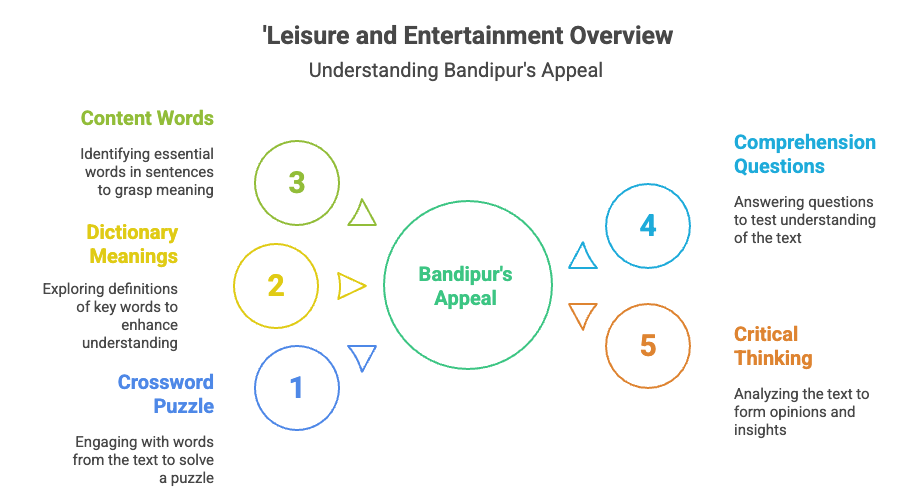
Leave a Reply